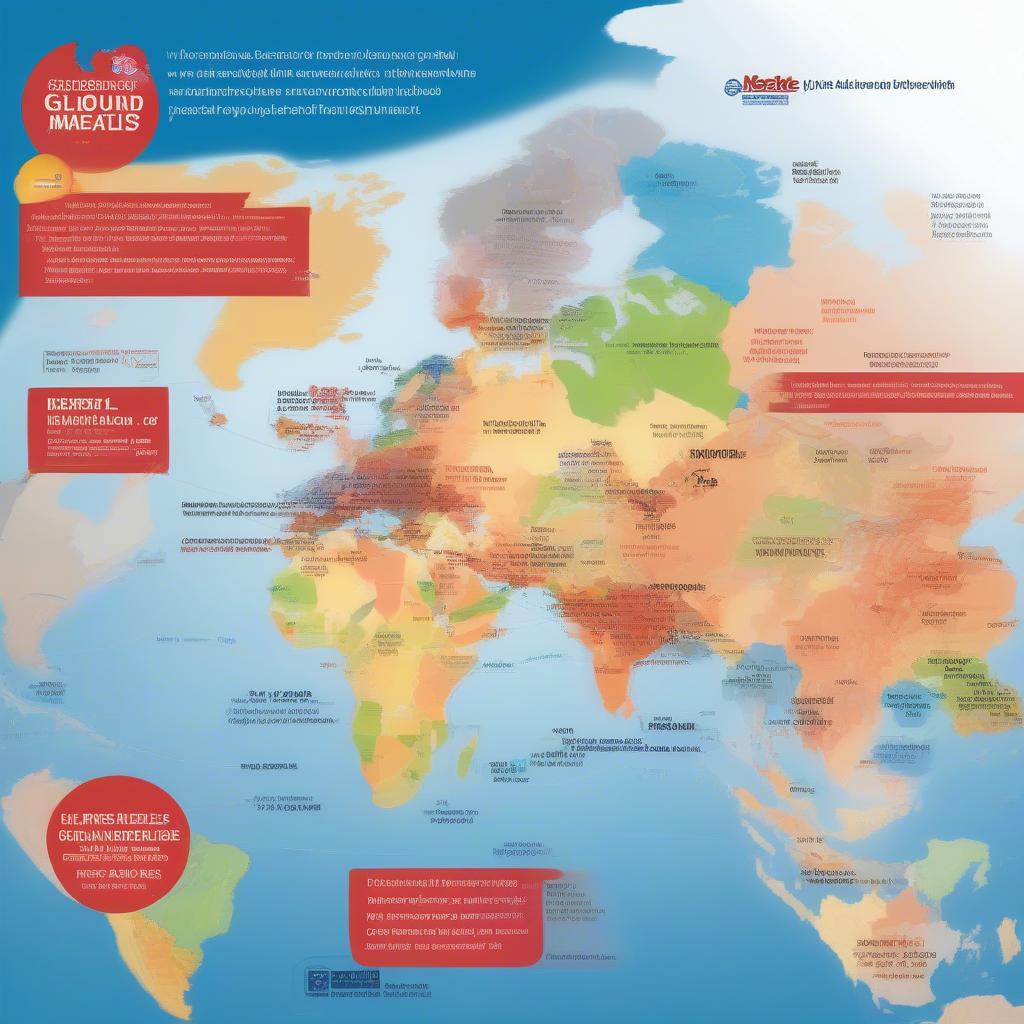
Nestlé, the world’s largest food and beverage company, operates in a complex and dynamic global market. Understanding the external factors influencing its operations is crucial for sustained success. A PESTEL analysis of Nestlé provides a framework for evaluating these factors – Political, Economic, Social, Technological, Environmental, and Legal – and their impact on the company’s strategic decisions. This PESTEL analysis of Nestlé will delve into the key challenges and opportunities presented by each factor, offering valuable insights for businesses, scholars, and strategic analysts.
Table Content:
- Political Factors Influencing Nestlé
- Economic Factors Affecting Nestlé’s Performance
- Social Factors Shaping Consumer Preferences for Nestlé Products
- Technological Advancements Impacting Nestlé’s Operations
- Environmental Concerns and Nestlé’s Sustainability Initiatives
- Legal Regulations Governing Nestlé’s Business
- Frequently Asked Questions about Nestlé’s PESTEL Analysis
- Conclusion
Political Factors Influencing Nestlé
How do political landscapes shape Nestlé’s global strategy? Political stability and government policies in the countries where Nestlé operates significantly impact its business. Trade agreements, tariffs, food regulations, and political risks all play a role in shaping Nestlé’s operational landscape. For example, changing trade policies between nations can significantly impact import and export costs, affecting profitability.
Economic Factors Affecting Nestlé’s Performance
What economic trends are impacting Nestlé’s bottom line? Economic growth, inflation, exchange rates, and consumer spending habits directly influence Nestlé’s performance. In emerging markets, rising disposable incomes present growth opportunities, while economic downturns in developed economies can impact consumer demand. Understanding these economic nuances is critical for Nestlé’s market strategies.
 Nestlé's Global Market Presence
Nestlé's Global Market Presence
Social Factors Shaping Consumer Preferences for Nestlé Products
How are changing social trends impacting Nestlé’s product development? Consumer preferences, health consciousness, ethical concerns, and cultural trends influence demand for Nestlé’s products. The growing demand for healthier food options, for instance, has pushed Nestlé to reformulate products and introduce new lines catering to health-conscious consumers. Understanding and responding to these societal shifts is key to Nestlé’s long-term success.
Technological Advancements Impacting Nestlé’s Operations
How is technology revolutionizing Nestlé’s production and distribution? Technological advancements in food processing, packaging, distribution, and marketing offer opportunities for Nestlé to improve efficiency, enhance product quality, and reach new customers. E-commerce platforms, for instance, have opened new avenues for direct consumer engagement and sales. Adopting new technologies is essential for Nestlé to stay competitive.
Environmental Concerns and Nestlé’s Sustainability Initiatives
What environmental challenges does Nestlé face, and how are they being addressed? Climate change, resource scarcity, and waste management are significant environmental concerns impacting Nestlé. The company faces pressure to reduce its environmental footprint and adopt sustainable practices throughout its supply chain. Nestlé has implemented various initiatives to address these concerns, including reducing water usage, promoting sustainable sourcing, and developing eco-friendly packaging.
Legal Regulations Governing Nestlé’s Business
What legal frameworks impact Nestlé’s operations worldwide? Food safety regulations, labeling requirements, and advertising standards vary across countries and significantly influence Nestlé’s operations. Compliance with local and international regulations is paramount for maintaining consumer trust and avoiding legal repercussions. Staying informed about evolving legal landscapes is vital for Nestlé’s risk management strategy.
Frequently Asked Questions about Nestlé’s PESTEL Analysis
What is the biggest political challenge for Nestlé? Navigating complex and often changing trade policies and regulations in different countries is a significant political challenge.
How is Nestlé addressing economic downturns? By diversifying its product portfolio and focusing on affordable product lines to cater to changing consumer spending patterns.
What is Nestlé’s approach to social responsibility? Nestlé invests in community development programs, promotes sustainable sourcing, and addresses ethical concerns related to its operations.
How is Nestlé leveraging technology? By adopting automation, data analytics, and e-commerce platforms to enhance efficiency, personalize marketing, and reach new customers.
What is Nestlé’s commitment to sustainability? Nestlé has set ambitious targets for reducing its environmental footprint, including reducing greenhouse gas emissions, water usage, and waste generation.
What are the key legal considerations for Nestlé? Complying with food safety regulations, labeling requirements, and advertising standards in various jurisdictions.
How does a PESTEL analysis benefit Nestlé? It provides a framework for understanding external factors, identifying potential risks and opportunities, and making informed strategic decisions.
Conclusion
The PESTEL analysis of Nestlé reveals a complex interplay of factors impacting the company’s global operations. By understanding these factors and adapting its strategies accordingly, Nestlé can navigate challenges and capitalize on opportunities to maintain its position as a global leader in the food and beverage industry. This analysis emphasizes the importance of a holistic understanding of the macro-environment for effective strategic planning and decision-making, highlighting the crucial role of PESTEL analysis for businesses operating in a dynamic global market like Nestlé.

